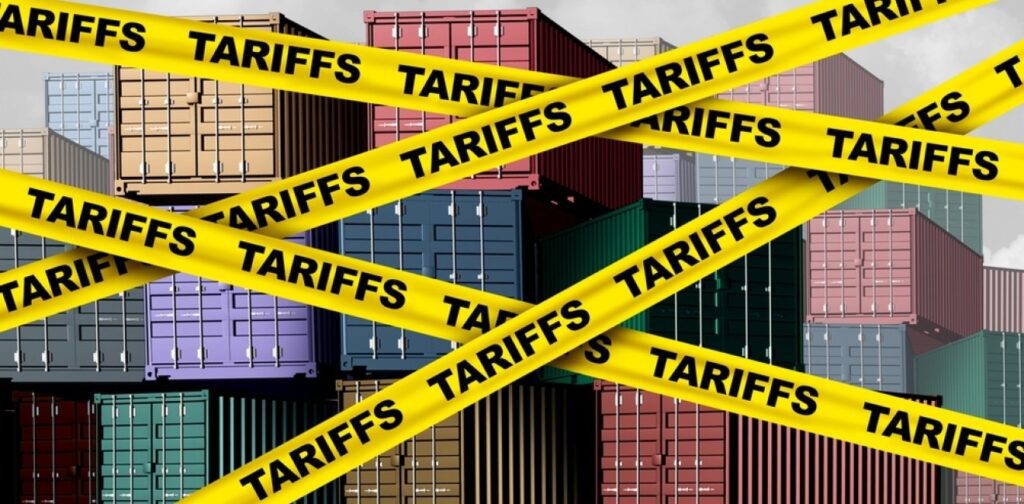The “next step” in these uncertain times may be quite vague for some business owners. Not all businesses were able to survive the prolonged lockdown that happened in 2020; and not all who have made it this far can stay afloat for a long time. Despite the recovering economy and the growing normalcy of economic activities, business owners are still faced with dilemmas that keep them at a stand-still.
Read on another way to survive your business during a crisis: Becoming a Dormant Company during Coronavirus Epidemic
Ultimately, business owners and managers may have to make the big decision in terms of making a living: should I stay or should I find another way? But before deciding, important deciding factors like ‘going concern’ and increasing economic uncertainty must be taken into consideration.
What is “Going Concern”?
To those unfamiliar, the term “going concern” does not sound like a business term at all. It sounds like an incomplete phrase that does not make sense. However, Going Concern does make sense in the business scene. Apparently, going concern is an accounting term for a company that has the resources needed to continuously operate. This assumption is for an indefinite period until evidence to the contrary comes up. Are you able to be continuously relevant, to keep up operations?
A company’s ability to be a going concern is questionable during trying times. It includes internal struggles like the possibility of bankruptcy or unmitigated labor troubles. On the other hand, external factors like nationwide depression, major product obsolescence due to shifting market preferences, or global pandemic may render problematic to a company’s ability to be a going concern. Negative trends that lead to no longer being a going concern may also include denial of credit, continued losses, and lawsuits.
When a company is no longer a going concern, meaning there is a high probability for its permanent closure and subsequent asset liquidation, it must start reporting particular information in its financial statements to inform stakeholders of the impending cease in operations. Different stakeholders have different concerns about this information:
- Creditors would want to know if they will get their money’s worth;
- Suppliers would be concerned if payment due is still collectible;
- Employees would be after their salaries and severance, if applicable;
- Stockholders would be concerned about the existing company assets’ value; and
- Customers might want to start looking for different suppliers/sellers.
Despite these different concerns, the most central of them all would be whether or not is it really necessary to permanently quit operating, or is the chance for the continuity of being a going concern possible?
Going concern in the context of economic uncertainties for your business
The COVID-19 pandemic has changed how we go about our daily lives. As they say, lots of things have changed and have become “the new normal” in a short time. It is now normal to wear masks to public places; most public transportations do not allow passengers without masks. Businesses have enhanced “contactless transactions” from mobile payment to drone deliveries and robot waiters, and more. To achieve this level of advancement, decision-makers have had to evaluate the company’s ability to continue as a going concern. When management assesses this, it will need to consider the current economic uncertainty and market volatility caused by the COVID-19 outbreak.
Those who were able to identify the problem, devise a solution, and afford the change, are now some sort of pioneers during this new economic era. But unfortunately for others, uncertainties are still an arm’s length away. Some areas for concerns may include:
- Sales forecasts may be less reliable due to the market’s erratic preferences;
- Possibility of a seasonal outbreak (Winter is coming.);
- Sufficiency of cash for working capital and contingencies; and
- Limited financing options due to greater risks.
Can your business keep up?
Assessing your company’s ability to be a going concern requires management action and careful deliberation. Despite the many possibilities that have arisen due to recent events, many developments in today’s technology are still inaccessible to others. Companies that wish to survive need careful planning of the actions to be taken to not just stay afloat but also be on top of competitors. There is no fixed formula that will guarantee this, but expertise from those who have survived similar outbreaks (e.g. SARS) and managed to stay on top would be a leap in the right direction. In a social-distancing-encouraged society, technological advancement that caters to this is now invaluable.
S.J. Grand is a fruit of such expertise in that it was able to pave the way for foreign businesses in China to stay on top even after an outbreak like SARS. By developing Kwikdroid and together with services like IT Consulting, we can advise you with the appropriate technology to make use of managing, controlling, monitoring, and even operating your business. And with experienced accounting professionals on board, accounting and taxation concerns could be addressed in no time.
Conclusion
Companies open and close all the time. However, those who want to be successful require the ability to continue as a going concern. Since several stakeholders are reliant upon the business, business owners and managers must keep efforts to stay afloat despite these uncertain times. With innovation, planning, and the right advisors with appropriate expertise, going concern ‘concerns’ could become a thing of the past.
Contact us
Managing your business during these difficult times may put you to real exhaustion, and at the brink of giving up. However, S.J. Grand’s expertise and previous successful experience will guide you to make the right decisions for your business. Contact us to avail of our special services.
Moreover, if you are interested in taking advantage of our latest remote work solution, go to our Kwikdroid page to request a demo and see the prices and packages we offer.







